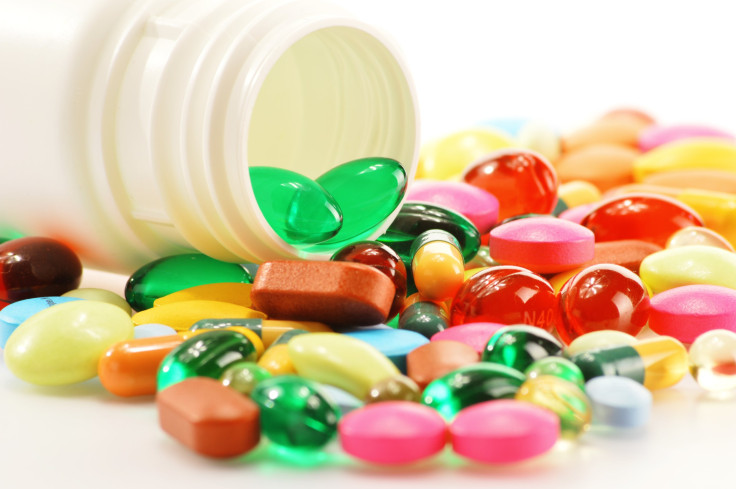Fake Ebola Treatments Are Popping Up On The Internet: The FDA Warns Consumers To Steer Away

Scammers who sell fraudulent medical treatments or dietary supplements online are nothing new — but when it comes to Ebola, the fear many people are experiencing might prompt them into buying these scams.
The Food and Drug Administration (FDA) announced on Thursday that online scammers attempting to sell so-called Ebola treatments need to be reported and stopped immediately. “There are no approved vaccines, drugs, or investigational products specifically for Ebola available for purchase on the Internet,” the press release states. “By law, dietary supplements cannot claim to prevent or cure disease.”
Many of these scammers are selling dietary supplements that claim to control your appetite, help you lose weight, prevent ulcers, and “fight intestinal worms, parasites, and Ebola virus.”
There is no cure for Ebola, nor are there any FDA-approved vaccines or drugs that can prevent or treat the virus. The only way to fight the infection in a patient is to provide supportive treatments, like oral rehydration and pain medication. Scientists are working on developing various vaccines and experimental serums, such as ZMapp, which was administered to two infected Americans, Kent Brantly and Nancy Writebol. Though ZMapp helped save their lives, there are only a limited number of doses and the drug is not FDA-approved, making it more difficult to send to Africa.
The Ebola outbreak in the West African countries of Guinea, Liberia, Sierra Leone, and Nigeria has quickly become the worst outbreak of the disease in recorded history. The virus has claimed over 1,069 lives and possibly more, according to the World Health Organization (WHO).
Despite fears that bringing the two infected patients to Atlanta, Ga., for treatment could jump-start an outbreak in the U.S., the FDA’s press release states that “[i]t is important to note that according to the [CDC], Ebola does not pose a significant risk to the U.S. public. Unfortunately, during outbreak situations, fraudulent products that claim to prevent, treat, or cure a disease all too often appear on the market,” most likely to take advantage of worrisome folks hoping to reduce their chances of getting the disease. Despite fear mongering and plenty of news headlines about the severity of the outbreak in West Africa, however, it’s extremely unlikely that people in the U.S. will become infected with the disease. And buying into fake Ebola treatment products will do nothing to protect you from the disease, anyway.
Ebola can only be spread through direct contact with bodily fluids or infected needles, the CDC states. It’s not an airborne, water-borne, or food-borne illness. If you’ve come across a fraudulent Ebola product online, the FDA urges you to report it here.
Published by Medicaldaily.com



























